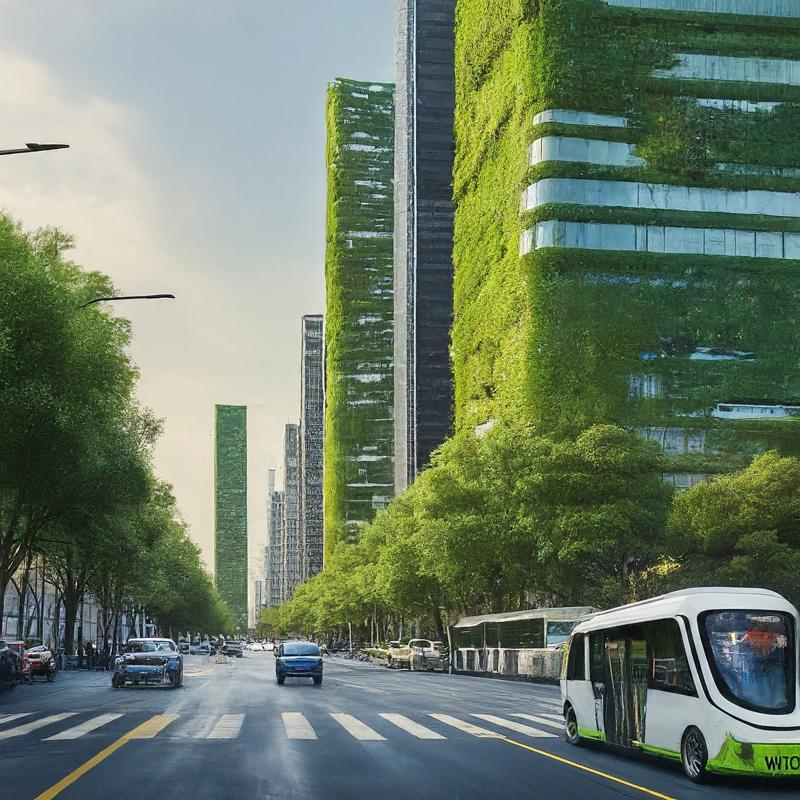In a substantial push towards a sustainable economic model, Vietnam's Ministry of Finance says it is aggressively promoting the green economy, circular economy, and digital economy.
This comes in response to calls from the central Khanh Hoa province's constituents for robust tax breaks, loan support, and favorable land policies to fuel this transition and revitalize an economy still reeling from the pandemic's fallout.
Comprehensive Tax Breaks and Wide-Ranging Support
The Ministry of Finance asserts that existing laws already enshrine preferential policies for these key sectors, offering tax incentives, reductions in fees and land costs, and loan support.
The total value of these support packages has been substantial. Solutions implemented in 2020 were valued at approximately $5 billion, followed by approximately $5.7 billion in 2021, and $9.1 billion in 2022.
To maintain momentum in 2023, the ministry secured an additional package valued at $7.6 billion in tax breaks, fee reductions, and extended deadlines. Alongside these measures, approximately $27.5 billion in financial support has been deployed since 2020, offering businesses much-needed breathing room while driving green economy initiatives.
Specific Incentives Fueling Change
To provide tangible support, the Ministry of Finance has implemented a range of extensions and reductions. These include easing burdens through extensions on value-added tax (VAT), corporate income tax, personal income tax, special consumption tax, and land rent.
Additionally, an environmental protection tax targets environmentally harmful goods throughout their lifecycles, incentivizing cleaner practices across industries.
Furthermore, Vietnam is actively tailoring its VAT, special consumption tax, and corporate income tax policies to directly encourage investment in clean technology and promote energy conservation.
Demonstrated Impacts, Future Focus
The ministry notes that, while these measures have positively impacted state budget revenues, the broad public support underscores their value in fostering economic recovery. Recognizing the need for ongoing adjustments, several key initiatives are planned for 2024.
A temporary 2% VAT reduction for specific goods and services seeks to decrease the tax burden by roughly $980 million. Additionally, continuing to reduce environmental taxes on gasoline, oil, and lubricants will incentivize cleaner practices, providing a projected tax savings of approximately $1.7 billion.
In support of digitalization, fees for select online public services will be lowered by up to 50% through 2025, potentially saving users $3.9 million annually.
Furthermore, the Ministry of Finance remains committed to bolstering sustainability practices. They plan to develop legal frameworks for emerging financial tools such as green credit, green bonds, and carbon credit markets, creating new avenues for environmentally responsible investment.
Vietnam's dedication to fostering a green economy is evident in its multi-pronged and evolving approach. This concerted effort to bolster green, circular, and digital sectors has the potential to recast the nation's economy, setting an example within Southeast Asia on the path towards sustainable, resilient growth.









 Google translate
Google translate